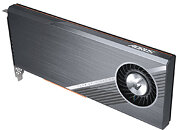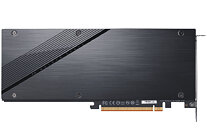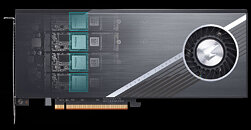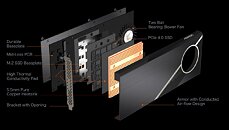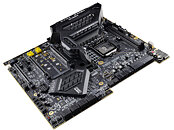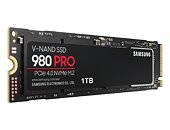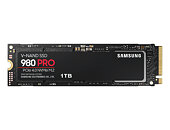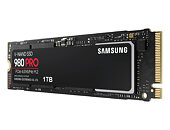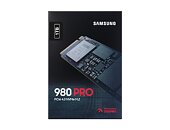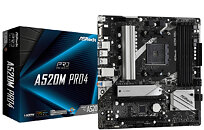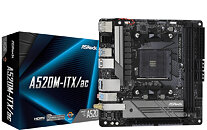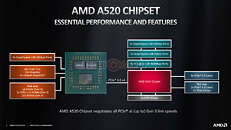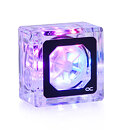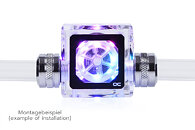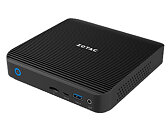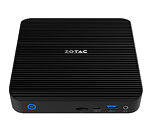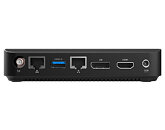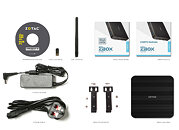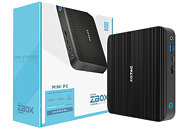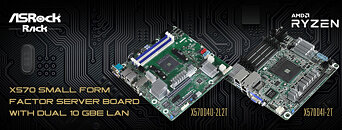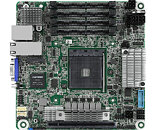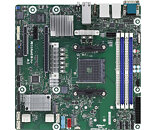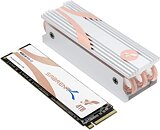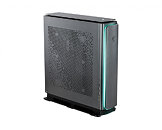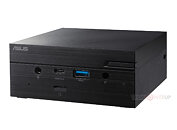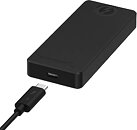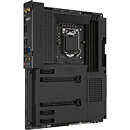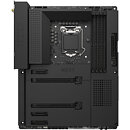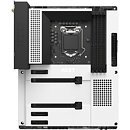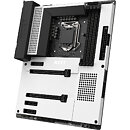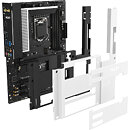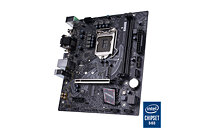
YMTC Announces PC005 M.2 NVMe and SC001 SATA SSDs
Yangtze Memory Technology Company (YMTC), China's ambitious new memory manufacturer specializing in NAND flash, launched the first client-segment SSDs under its own brand, the PC005 Active series and the SC001 Active series. Rumors of YMTC developing its own brand SSDs surfaced first in June. Prior to that in May, it was reported that Phison could add support for YMTC NAND flash chips to variants of its existing SSD controllers, and so it's highly likely that the new YMTC SSDs use Phison-sourced controllers. Interestingly, the company deployed its first-generation Xtracking 64-layer 3D TLC NAND flash chips instead of its 2nd generation 128-layer QLC chips.
The PC005 Active comes in the M.2-2280 form-factor with PCI-Express 3.0 x4 host interface, leveraging the NVMe 1.3 protocol. The drive is available in 1 TB. 512 GB, and 256 GB capacities. All three variants read sequentially at speeds of up to 3,500 MB/s, wiring at up to 2,900 MB/s, up to 2,500 MB/s, and up to 1,200 MB/s, respectively. Their endurance is rated at 640 TBW for the 1 TB version, 320 TBW for the 512 GB, and 200 TBW for the 256 GB variant. All three are backed by 5-year warranties.
The PC005 Active comes in the M.2-2280 form-factor with PCI-Express 3.0 x4 host interface, leveraging the NVMe 1.3 protocol. The drive is available in 1 TB. 512 GB, and 256 GB capacities. All three variants read sequentially at speeds of up to 3,500 MB/s, wiring at up to 2,900 MB/s, up to 2,500 MB/s, and up to 1,200 MB/s, respectively. Their endurance is rated at 640 TBW for the 1 TB version, 320 TBW for the 512 GB, and 200 TBW for the 256 GB variant. All three are backed by 5-year warranties.


